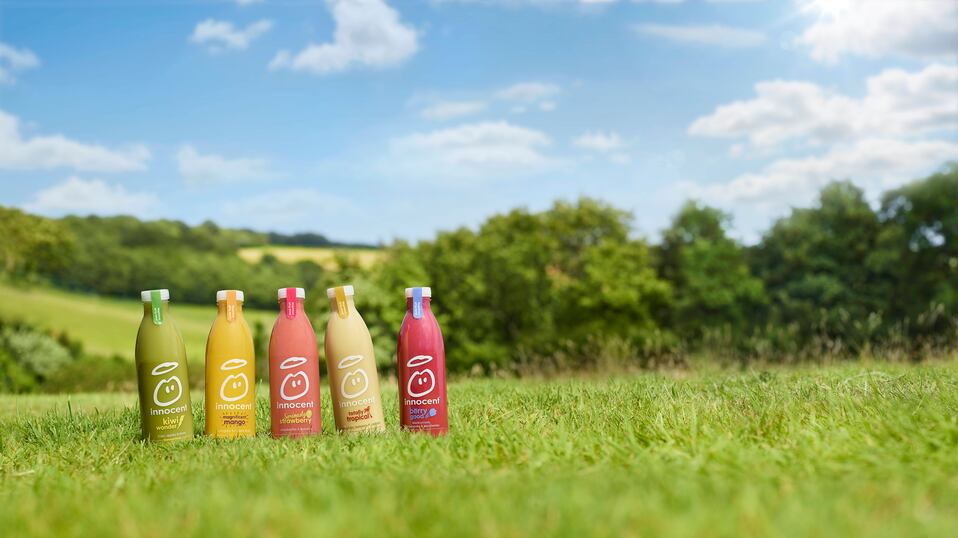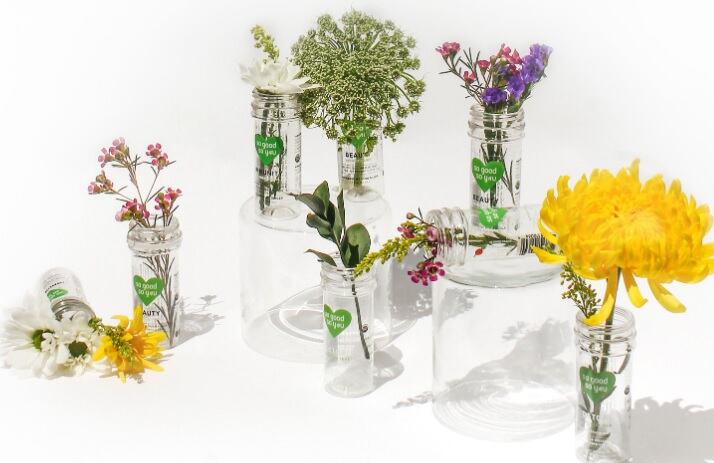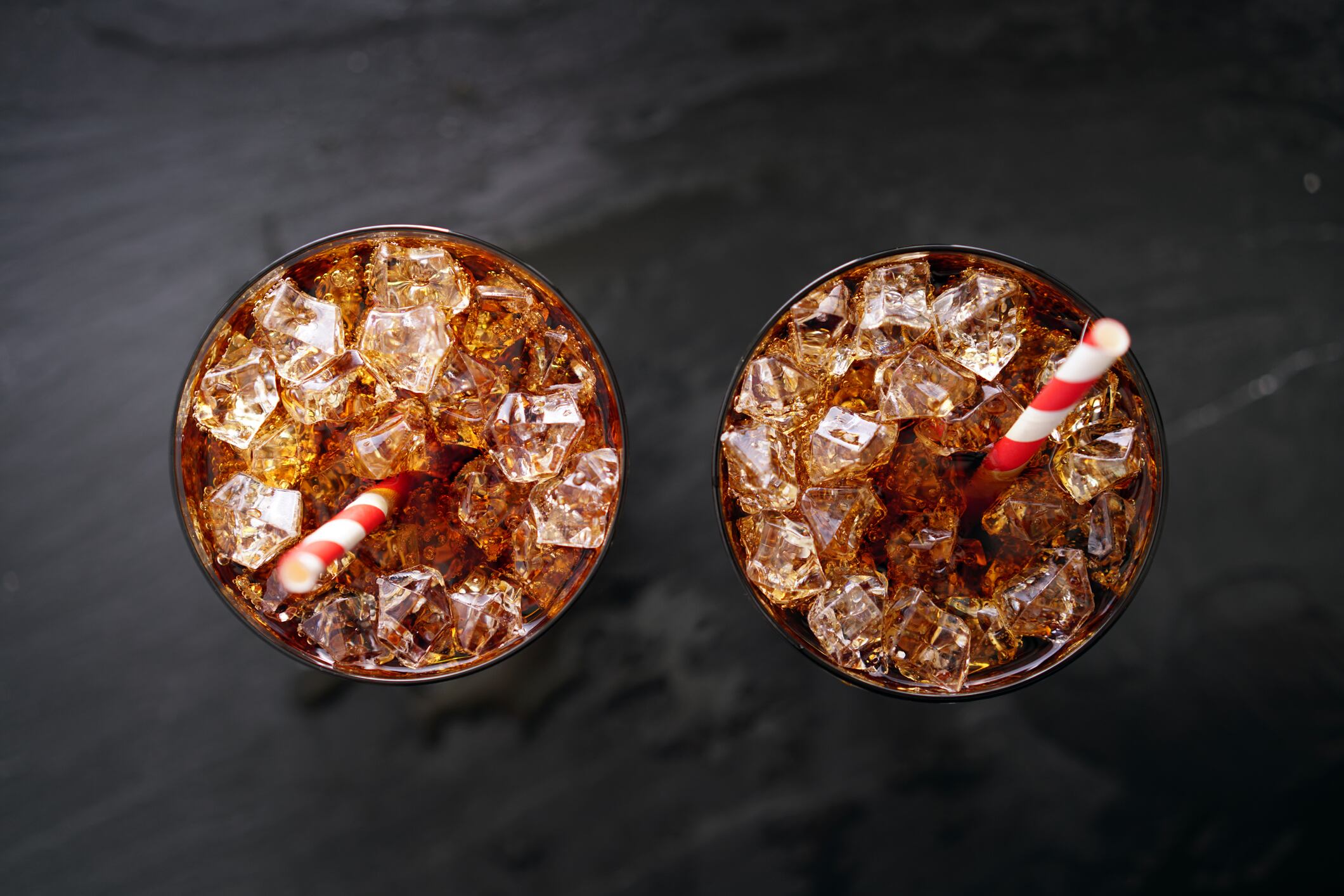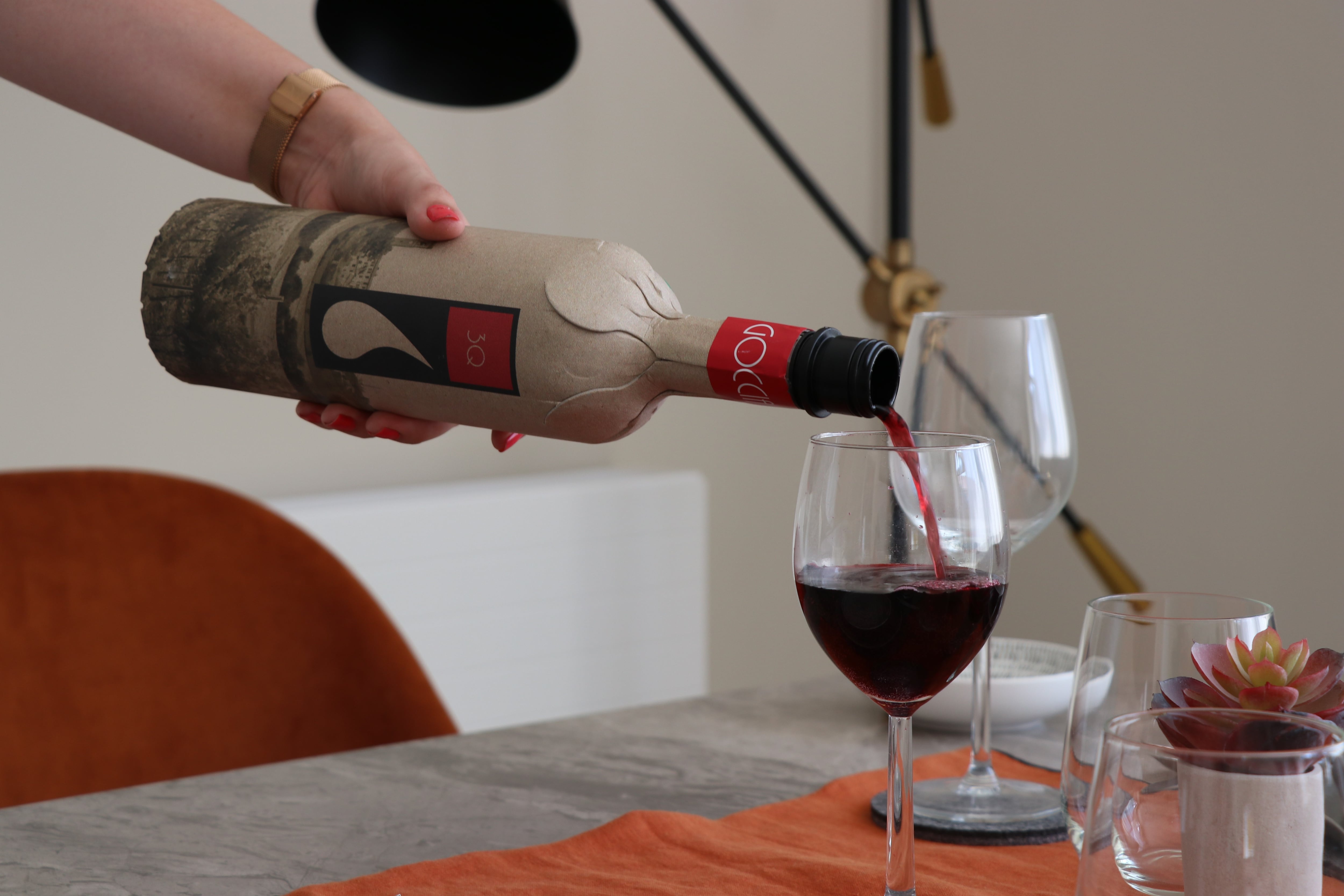Momentum had been building over the last few years – think Greta Thunberg, climate strikes, David Attenborough, COP21 – only for the sustainability movement to suddenly hit a hurdle with the onset of a global pandemic.
But PepsiCo’s SodaStream and Coca-Cola’s innocent – both of whom have had an integral sustainability focus since their early days – believe all is not lost, and remain positive that sustainability will remain important to manufacturers, retailers and consumers.
Innocent: ‘Shopper’s sustainability values are holding true’
B-Corp innocent sets out its mission to ‘leave things better than we find them’ – for example, when sourcing ingredients it pledges to work with suppliers and farms to help raise standards. Since its beginning, it has been giving 10% of profits to the innocent foundation.
“More and more, consumers are demanding this way of operating from businesses. And conscious shopping has been on the rise for a while – it’s not a new phenomenon,” said John Taylor, UK commercial director for Innocent Drinks, at Zenith Global’s UK Soft Drinks Conference last week.
Nine out of ten consumers are taking active steps to reduce our environmental impact; and being more socially conscious is highlighted by IGD as a top megatrend for 2025.
“These shopper values are holding true even through the pandemic, and it’s a growing trend,” says Taylor. “41% of us now are prepared to invest time and money to support companies that try to do good, and almost half of us prefer products that offer ways to offset their environmental impact.
“And the majority of us now think we should take this opportunity to rebuild this economy so that it is more sustainable even if it takes longer.”
The company is driving forward with construction of the ‘innocent blender’ – a carbon neutral production site – and wants to make its whole business carbon neutral by 2030. Its latest smoothie plastic bottles are 100% recyclable and contain 50% rPET and 15% plant plastic derived from a by-product of sugar cane production.
‘Great progress was being made – then coronavirus hit’
SodaStream, meanwhile, champions its crusade against single-use plastic bottles (the system allows consumers to create their own flavored and sparkling water at home, meaning bottles can be filled, refilled and reused).
Tiago Alves, general manager UK and Ireland for SodaStream, notes a real rise in environmental consciousness over the last few years.
“In 2017, when Blue Planet 2 was broadcast, I feel there was a catalyst moment after which people started to really understand we were doing something really wrong to the planet. There was a genuine movement after Sir David Attenborough’s program,” he said, also speaking at the UK Soft Drinks Conference.
“People started to demand action from governments, from retailers, from manufacturers – they wanted to see change, they wanted to be given options to choose between single-use plastic and different alternatives.
“Great progress was being made, throughout 2019 there was massive progress with pledges, people were demanding solutions, solutions were being given to consumers.
“Then coronavirus hit. And this put an abrupt end to many things, including this focus on single-use plastic.”
But the progress of previous years has not been in vain, says Alves. Despite the pandemic, companies are still committing to plastic and waste reduction.
“Manufacturers and retailers keep making pledges, they keep pushing initiatives to reduce single-use plastic waste and provide consumers with alternatives that allows them to consume the things they want in a more eco-friendly way,” he added, citing initiatives such as supermarket Asda’s pledge – made last month – to reduce own-brand plastic by 15% by next year.
‘With the right solution, consumers will do the right thing’
And perhaps even more encouragingly, Alves has faith in consumers. He believes they continue to be aware of the impact of packaging on the planet: and even if it’s not front of mind, it’s still there.
The trick, then, says Alves, is to present consumers a convincing alternative – and he’s confident that they’ll make the right choice.
“In the UK, 36 million plastic bottles are used in the UK every day. Half of which are not recycled, and so end up in landfill. And in the end, that’s probably because we’re not giving consumers the solutions to their needs, when it comes to water on the go. This is where SodaStream comes in.”
SodaStream says each of its refillable bottles used saves up to 1,300 single use bottles. The cumulative effect, says Alves, is ‘immense’. The brand estimates that, globally, it can avoid the use of 67 billion single-use plastic bottles by 2025.
“Consumers want to do the right thing. There’s enough surveys and enough research that proves that.
“The growth of SodaStream has been amazing up to 2019, but it’s been exponential over the last year. When you offer your shopper a solution for a problem they have, they always choose the right thing.”




